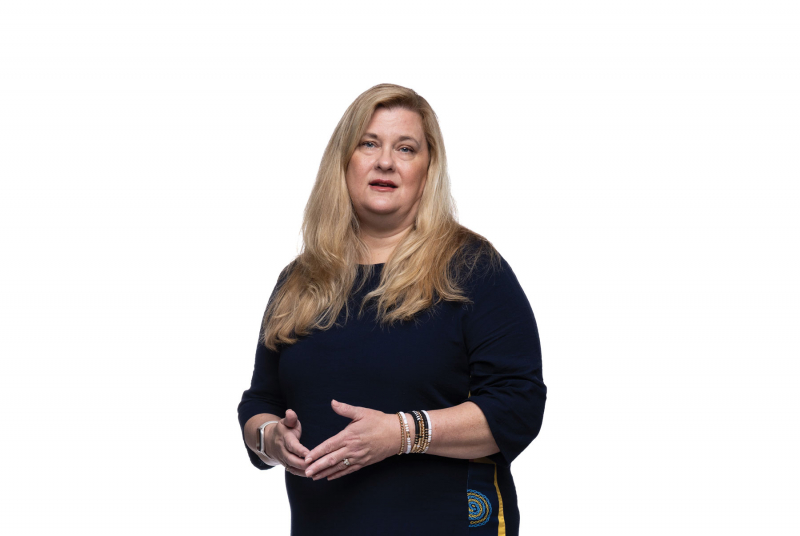
Linda Sullivan
What’s your charge?
Ensuring that people with disabilities have equal access to all the opportunities at Dartmouth.
How is that going?
I’ve worked at other Ivy League schools, and in some ways we’re in a similar position, and in other areas we’re ahead of the curve. Dartmouth has a 200-plus-year-old campus with lots of physical access challenges. There’s definite interest in improving physical access, digital access, and access to the programs and offerings of the school.
What are the most recent improvements here?
We have a group of people coming together more regularly to talk about matters of disability.
How have accessibility issues at institutions of higher education evolved in recent years?
Initially, disability services began with physical access. Then it moved into more academic access and special services for students with hearing impairments or vision loss. In the past dozen years, we’ve moved to a place of real inclusion for students with disabilities, ensuring that they have the same opportunities in college.
How does mental health fit into accessibility?
One of the fastest growing cohorts of students who now meet the criteria to be considered legally disabled are students with mental health difficulties. There’s been such an advancement in healthcare that students with some of these conditions are now able to attend college and be successful. We work with each student individually and arrive at accommodation plans based on their individual experience, the various classes they’re taking, and what’s expected in the learning.
What is your budget?
We don’t have a budget yet. Generally, we provide recommendations to other offices.
Is there anything else you’d like to add?
We have a dream team of professionals on campus who do disability work with students. It is not something that Dartmouth is doing in passing. I started here in 2021, and sometimes it may seem slow, but we are always moving to a place where people feel inclusion and see accessibility in all aspects of the College.










